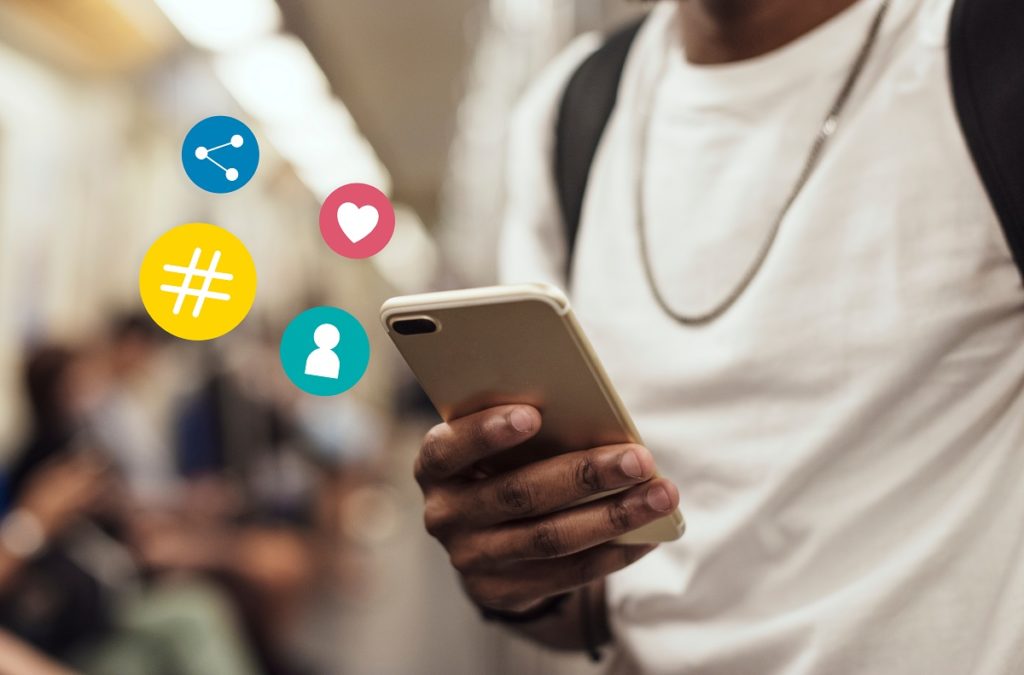The market for mobile apps is ripe with opportunity. If you currently have an idea for an app that can potentially reach global success, it’s crucial to give it ample protection especially during its early stages.
Below are legal steps to protect your concept from would-be thieves:
Secure a non-disclosure agreement
Developing an app is a team effort. You’ll have to hire people with the right technical skills to turn your vision into reality.
But with so many people onboard, it can be hard to keep the project confidential and ensure your contractors don’t steal your idea after.
The best way to solve this is to require all your developers and freelancers to sign a non-disclosure agreement before they start working on your project. An NDA is a legally binding contract that indicates a confidential relationship. It prohibits the sharing of certain information that has been revealed to your contractors. An NDA will give you peace of mind knowing that your idea or trade secrets will be kept private.
From a copyright standpoint, your developers are the first owners to the copyright since they’re the ones who are building the app. That’s why you need an NDA to ensure any copyright is turned over to you. This way, no one can come after your company if your app becomes a hit.

Register a trademark
A trademark prevents anyone from using your name and logo. Clones who use your symbols could be sued for infringing trademark and copyright.
Establishing a copyright infringement claim should be easy as long as you have copyright ownership and concrete proof of imitation. Copyright ownership is easy to prove in court if you can show all the necessary paperwork and NDAs.
However, it is the second part that may be harder to justify. This is where trademarks can work to your advantage. A brand identity protected by official trademark registration can stop traders who may use a name or logo similar to yours for their own advantage. A trademark registration usually lasts up to 10 years and can be renewed as long as you fulfill the requirements for post-registration maintenance.
Apply for a patent
Mobile apps must fulfill the necessary requirements to secure a patent. They must include novel functions or features and directed to something more than an abstract idea, which is you’ll need to show at least a prototype during your application. ;
A patent examiner can reject your application if your app is proven to be a product or clear adaptation of one or more pre-existing inventions. The best way to find out if your app is patentable is to consult with a software patent lawyer.
In reality, the simplest way to protect your app idea is to finish developing it. Copyright laws only cover the concrete expression of ideas, not mere concepts. This means you actually have to bring your app to life before you can legally safeguard it. Once the app is finished and copyrights are signed by third parties, your entire app, from code to design, are protected. No one can copy your code or create variations of your app.
Many people will have great ideas for mobile apps. But to stand out and actually profit from an idea, you need transparency, smart decision-making, and endless doses of creativity.




